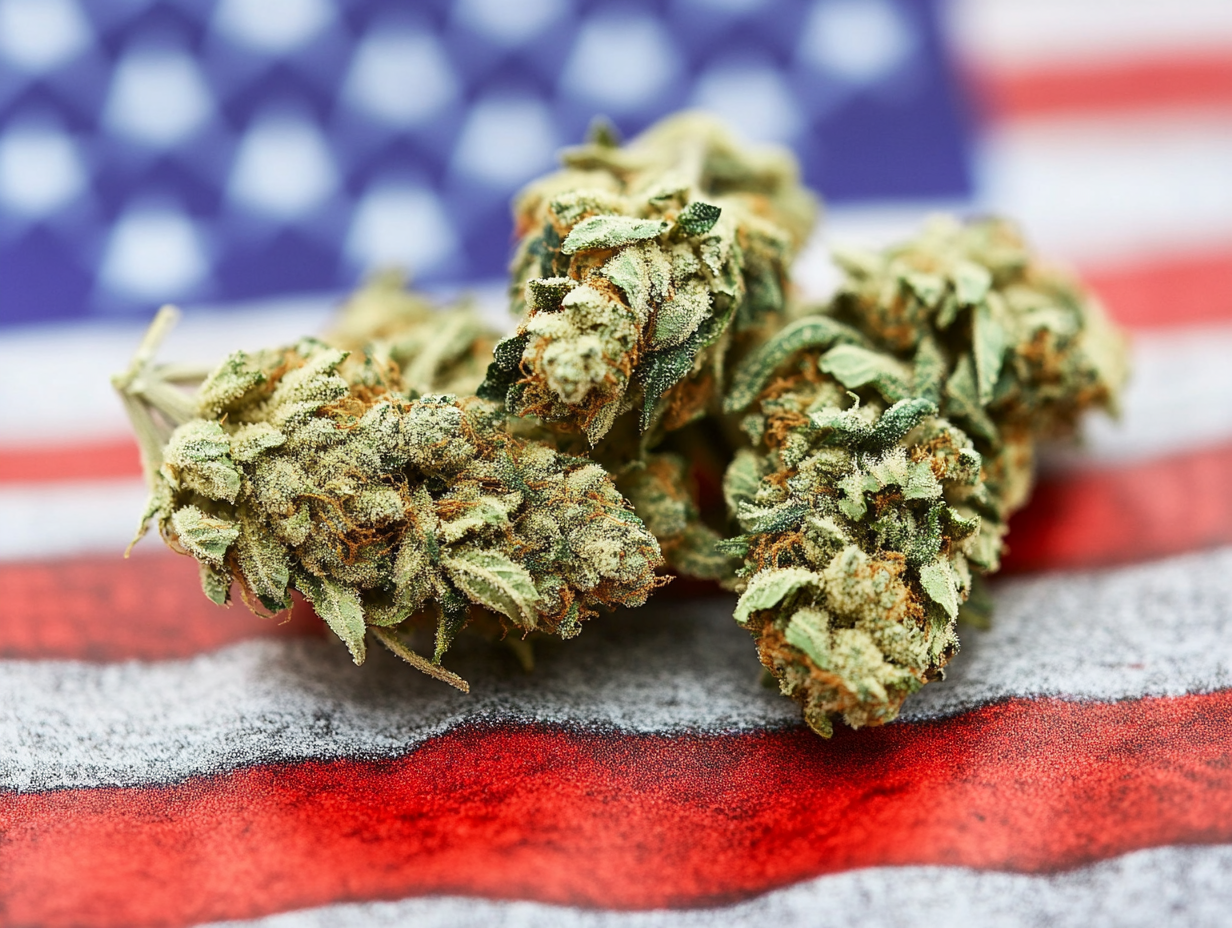
Cannabis Legalization in America: Gap narrows, bipartisan support for cannabis legalization gains momentum
Cannabis legalization has been one of the most polarizing issues in America for years, dividing opinions across party lines, regions and even households. But recent trends suggest that divide may finally be closing. As more states legalize marijuana for medical and recreational use, the national conversation is shifting to acceptance, regulation and economic opportunity.
A patchwork of guidelines
Currently, there is a patchwork of cannabis laws in the United States, with each state having its own approach to regulation. Some states, like California and Colorado, have fully embraced cannabis and legalized both medical and recreational use. Others, like Texas and Idaho, continue to enforce strict prohibitions. This disparity has led to confusion and inconsistency, especially when it comes to law enforcement and interstate commerce.
But the tide seems to be turning. According to a recent ABC News article, nearly two-thirds of Americans now support the legalization of cannabis. This shift in public opinion is not just a coastal phenomenon – states in the Midwest and South are also increasingly embracing the idea of legal cannabis. Missouri and Arkansas, for example, have both legalized medical marijuana, and there is increasing discussion of full legalization in these traditionally conservative regions.
The political wind is changing
The changing political landscape is also playing a significant role. More and more politicians are recognizing the economic benefits of a regulated cannabis market—such as increased tax revenues and job creation—and support for legalization is becoming a bipartisan issue. Even some prominent Republicans have softened their stance, advocating that states should be able to pass their own cannabis laws without interference from the federal government.
In addition, there is a federal effort to resolve the discrepancies between state and federal cannabis laws. Some lawmakers are advocating for removing cannabis from the Schedule I drug list, which would be a huge step toward nationwide legalization.
The Future of Cannabis in America
As the social stigma surrounding marijuana continues to diminish, the economic incentives for legalization are becoming harder to ignore. From reducing incarceration rates for non-violent drug offenses to creating new business opportunities, the potential benefits are enormous. If current trends continue, we could soon see a more unified approach to cannabis in the United States, bridging the long-standing divide and ushering in a greener future.

Post a comment: